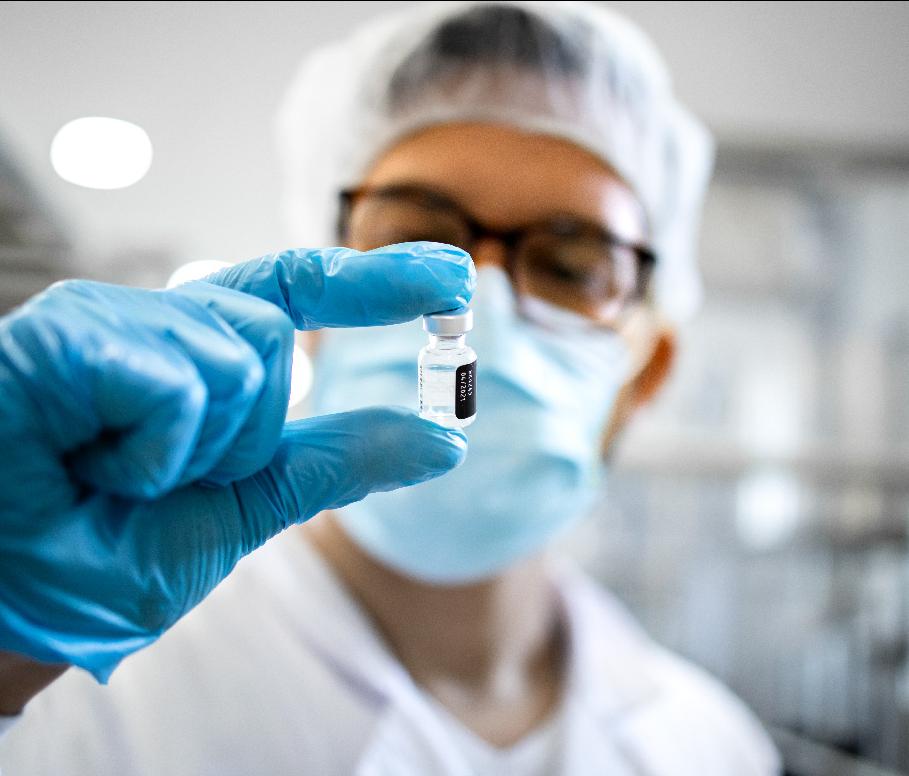While there is overwhelming evidence that shows compulsory licensing is ineffective in improving access to medicine, critics of intellectual property (IP) continue to advocate for this misguided policy. Instead of championing compulsory licensing, leaders should turn to viable alternatives that both enable access to medicines for patients and preserve the innovation ecosystem.
Four effective alternatives to compulsory licensing include:
1. Partnerships
Partnerships between biopharmaceutical innovators, governments, foundations, NGOs and other stakeholders aim to strengthen health care systems by developing new treatments and improving access to medicines. By pooling resources, expertise and infrastructure, these collaborations enable efficient and accelerated development and distribution of vital medications. Together, stakeholders can leverage their unique strengths to address complex challenges, ultimately resulting in improved outcomes and more equitable access for patients.
During the COVID-19 pandemic, for example, partnerships, supported by IP, advanced the production and delivery of vaccines, treatments, therapeutics and diagnostics in the fight against the virus. In fact, nearly 300 partnerships facilitated access to billions of COVID-19 vaccine doses globally in 2021 and 2022.
2. Voluntary Licensing
Voluntary licensing agreements allow patent holders to grant licenses willingly, promoting knowledge sharing, innovation and investment in research and development. This cooperative model fosters technology transfer and expertise dissemination while balancing IP rights and expanding access to medicines.
In sub-Saharan Africa, voluntary licenses to local generic drug companies, facilitated by licensing intermediaries like the Medicines Patent Pool, have contributed to the production of most antiretroviral medicines for HIV treatment.
3. Donations
Drug donation and differential pricing programs offer medicines for free or at reduced prices, targeting specific diseases or populations in need. These initiatives foster collaboration between pharmaceutical companies and health care organizations, addressing affordability and ensuring broader access to essential medicines.
For instance, biopharmaceutical innovators donated more than 14 billion treatments from 2011 to 2020 to eliminate nine neglected tropical diseases, which accounted for more than 90 percent of the global burden.
4. Non-Assert Declarations
Non-assert declarations are voluntary, legal commitments made by patent holders to refrain from enforcing specific patents in certain places and circumstances, providing an alternative to compulsory licensing. For example, innovative biopharmaceutical companies often choose not to seek or enforce patents in Least Developed Countries (LDCs), allowing manufacturers to produce generic alternatives.
Effective approaches that facilitate access to medicine without undermining IP rights do exist. These alternatives to compulsory licensing promote collaboration, knowledge sharing, affordability and innovation. Embracing these solutions can lead to a more sustainable and equitable health care ecosystem, where patients' needs are met, innovators are protected and collaborations thrive for the benefit of all.
Alternative solutions to compulsory licensing promote a more sustainable and equitable health care ecosystem, where patients' needs are met, innovators are protected and collaborations thrive for the benefit of all.


